The internet is the great connector of our time. It’s especially vital now, since people are quarantining and working from home amid COVID-19. But staying safe is a concern as there are many dangers out there in the vast reaches of cyberspace.

“While the internet keeps us connected, it also makes us more vulnerable,” said Brian Norton, director of assistive technology at Easterseals Crossroads. “Through blogs, social media and online store accounts, we’re putting ourselves out there for the whole world to see. Fellow users can steal your information and harm your reputation. You have to be careful about what you share out there.”
Ponder Before You Post
While it’s tempting to use social media platforms as digital confession booths, they aren’t the safest places for sharing your most personal thoughts. Your posts are written in ink. And as soon as you click the button to publish personal content, users can copy and forward it.
Take caution with the tone of your content as well. Before posting in anger and firing off a mean-spirited comment, consider who may see your online activity in the future. What kind of impression will it make on potential classmates, colleagues or employers?
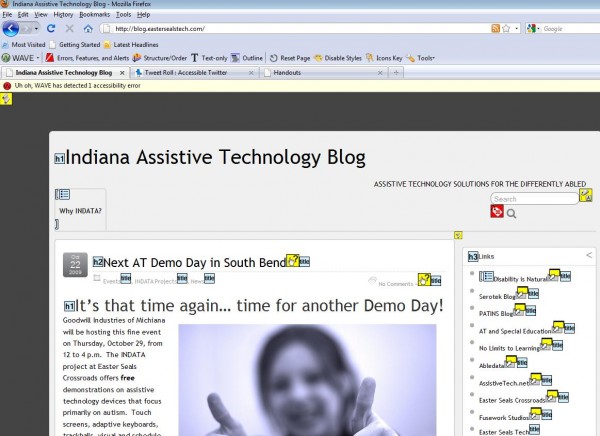
Communicating online affords you the luxury of time to respond in ways that bring out your best, most thoughtful self. So, rather than acting upon your knee-jerk reaction, take a breath and ponder before you post.
Protect Your Information
The best way to stay safe against cybertheft is a strong password. Here are some tips for creating secure passwords:
- Length — Make your password at least 8 characters long.
- Originality — Don’t use the same password for multiple sites.
- Impersonal — Never use birthdays, names or any information linked directly to you.
- Make it diverse — Combine uppercase and lowercase letters, and include numbers and characters.
- Change it — Remember to update and change your passwords regularly.
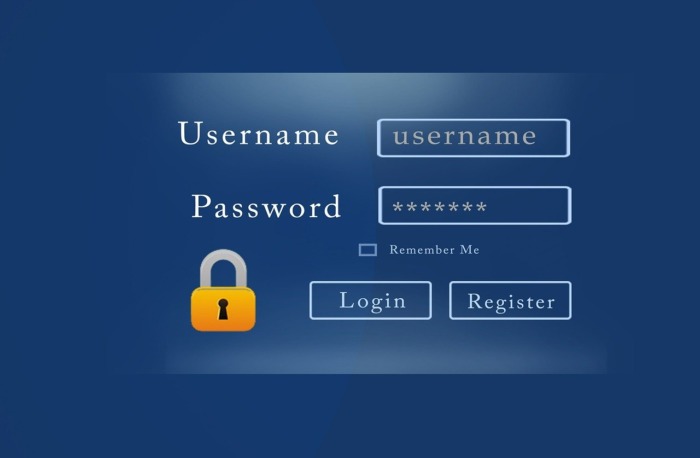
To remember your password, use your favorite book title, movie, sports team, etc. Better yet, take advantage of password managers like Keeper and LastPass.
Don’t share your password. Think of it as the key to your home or the combination to your locker. You wouldn’t give those to just anyone, right?
Be sure to log out of websites, programs and applications used on public or shared computers. If you don’t, someone could easily hack into your various online accounts, steal your information or go on a shopping spree.
Safe Security Settings
Security settings allow you to control who sees your content. If you don’t want your family to see that picture of you out at the bar with your drinking buddies, limit the audience of the post to your friends only.
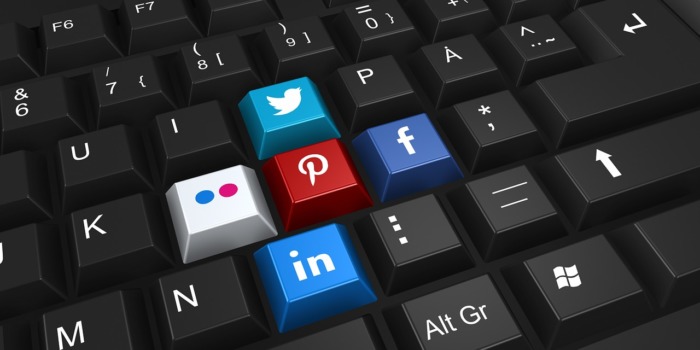
You can change settings for different types of content, such as pictures, videos, comments, etc.
Make sure you’re not sharing personal content with people you don’t know. Regularly review and update your settings to be safe.
Scan for Scams
Phishing is the practice of baiting online users with tempting offers in order to steal their personal information. If you open your inbox to find you’ve won a free trip to Hawaii, chances are it’s a scam. So, how do you avoid the pirates prowling the seas of cyberspace?
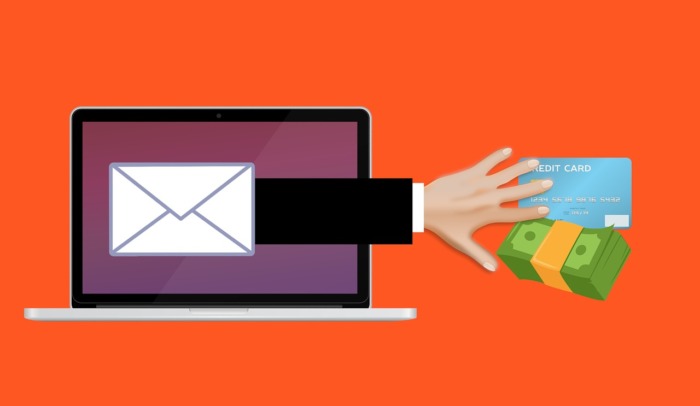
Here are some tips:
- Check the “From” field in an email.
- Look for the “s” at the end of “http” in a URL — the “s” means it’s secure.
- Never give out your passwords.
- If the online offer sounds too good to be true, it probably is.
- Be careful when opening attachments.
Use the Golden Rule to Stay Safe
Treat others as you want to be treated. It’s as simple as that. Positivity spreads across cyberspace just as fast, if not faster, than negative content. A little bit goes a long way.
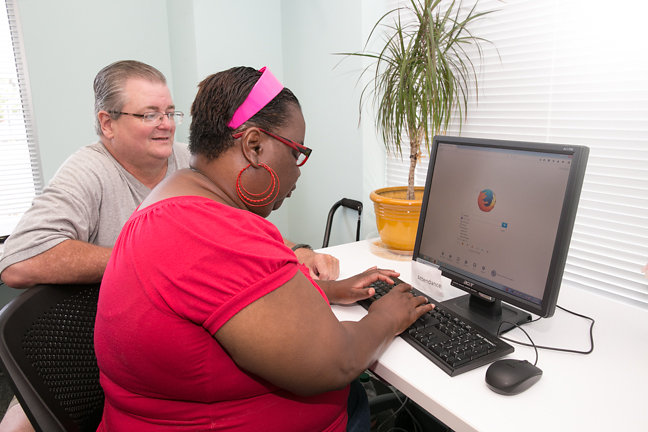
Share an uplifting news story or leave an encouraging comment. In this time of doomscrolling, it’s refreshing to see some light in the darkness. You can push the storm clouds away by reporting negative, hurtful content and making room for positivity.
“From stories about COVID to polarizing political posts, the internet has been a source of stress for most users lately,” Norton said. “But it’s just as easy to brighten people’s day online. That power is right at our fingertips. We can use it to make cyberspace and the world beyond our screens a better place.”
